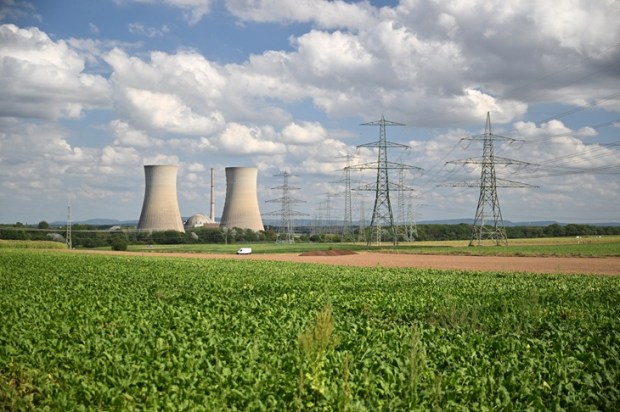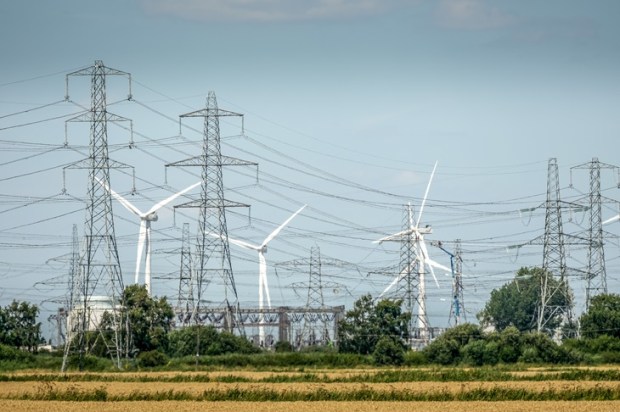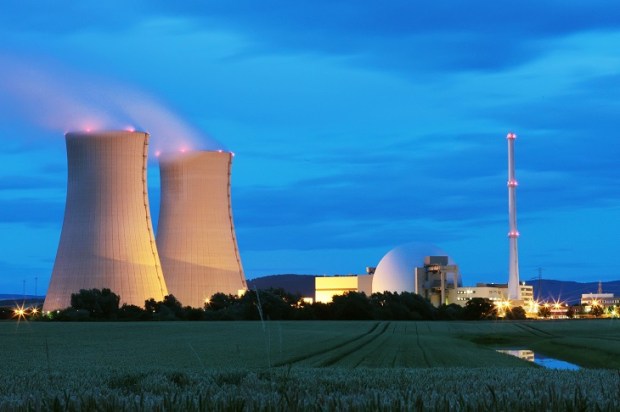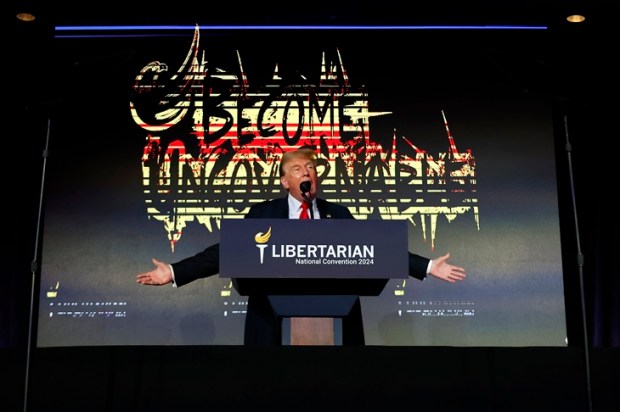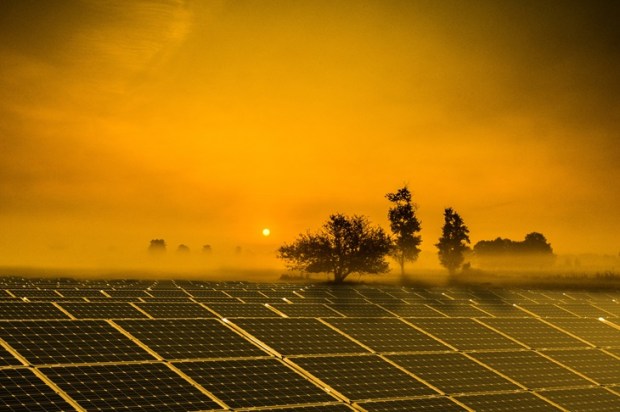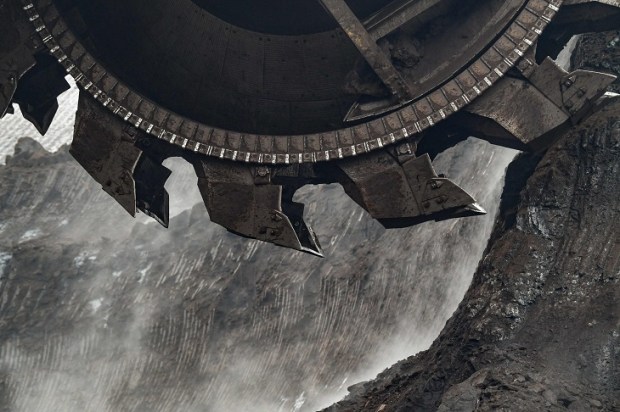How often have you been told that balance is essential? Balanced opinion, balanced diet, and everything in moderation. Well, think again, because the new cult of absolutism won’t stand for it.
Do you want to discuss inequality? It must be zero. Do you want to debate harm from Covid? Must be zero. Gender inequities? Zero. Emissions? That would be Net Zero… When you subscribe to these absolutes there is no room for compromise or tolerance. The end justifies the means. Every single time. Zero deviation. Zero discussion. Zero empathy.
This new world order is infecting every part of our lives, right down to the functioning of our critical energy systems. From the politicians creating policy, to the boardrooms complying, right through to the bureaucrats enforcing it – our electricity system is undergoing a zero-logic makeover.
Take Queensland’s glossy ‘brochure’ announcement that spending $62 billion (more likely double that) to close some of the lowest-cost electricity generators on the planet will save consumers $150 per year by 2032. Ironically, Queensland residents were recently treated to a ‘cost of living rebate’ worth $175. Zero relief for businesses though, with state-owned hydro generators setting the wholesale price more than any other.
New South Wales Deputy Leader Matt Kean believes wind and solar generators should have zero exposure to low wholesale prices. He’s designed a scheme ensuring these ‘cheap new generators’ can opt into a guaranteed minimum wholesale price, thus avoiding the black hole in the market he created.
Victorian Premier Daniel Andrews must believe he can duck down to Coles and fill the trolley with Duracells because his government recently announced the world’s largest battery storage target. Andrews hopes this will create over 12,000 jobs, but there are zero cars parked in neighbouring South Australia’s infamous, and now ‘not-so-big’, battery.
If you are looking for regulators, politicians, or the media to provide a cost-benefit analysis, a detailed plan, or even a robust debate on these matters, your expectations are exceeding their capabilities. Nobody can even produce the napkins on which these plans have been hatched. You should have zero confidence in any statement originating from politicians on the electricity system, and unfortunately this applies to bureaucrats and agencies managing the system ‘in the best interests of the consumer’. Those behind these schemes display zero interest in the consumer, except as a means to an end.
A recent example is Daniel Westerman, head of AEMO (Australian Energy Market Operator), in an interview with Angela Macdonald-Smith. As the ‘market operator’ AMEO receives offers for electricity generation in time, money, and volume; tells every generator what to generate and when; and calculates how much each generator gets paid. Macdonald-Smith offers zero challenge when Westerman frets:
‘The events of the winter really have reinforced the need for Australia to continue to urgently invest in the transition towards firmed renewables with efficiently delivered transmission.’
Westerman’s zero-care for consumers is matched only by his opinions on areas for which he bears no responsibility, as MacDonald-Smith writes:
‘Westerman highlighted the need for action in four areas in particular; building low-cost renewable generation; putting in place sufficient firming generation to support peak demand when renewable generation is low; getting transmission built efficiently and in as timely a fashion as possible; and improving the stability of the grid and equipping it to deal with a high penetration of renewable energy.’
This is the same guy who pretty much on his first day of the job declared we’d be dealing with a 100 per cent renewable grid for 30-minute periods by 2025.
Thus, the tally of zeros increases because there are zero other countries in this predicament. One might consider Germany and California to be on the way. The cold 2022 European winter, without Russian gas, will prompt some changes; but more temperate California is losing people and businesses fast.
What conclusions can be drawn if we continue down this path of absolutes?
There will be zero baseload generators, at least those owned by Origin, AGL, and the Queensland taxpayer. Gas and batteries are hoped to fill the 20,000 MW gap when it’s not windy or sunny – that’s the current plan.
Zero renewable developments will be knocked back – the state and federal targets are too large and the timeframes too short for any dallying with environmental assessments, community engagement, or feasibility studies. Our federal Environment Minister decreed, godlike, that she will allow zero extinctions. Hopefully, she will be faced with many difficult decisions.
There will be zero accountability at the top end when power bills remain high. When regular people are subject to rationing, big industries pack up and disappear, or food suppliers continuously edge up prices, those in charge will just say ‘it’s the cheapest new generation, build more’.
And sadly, zero care for people freezing in winter.
How long can this flawed reasoning persist? Perhaps a better question – why is the reasoning so flawed to begin with? I believe the key lies in the personal values of those in authority. If you value people, their wellbeing, and opinions, you display care. Care’s neighbours are empathy, compromise and goodwill. Conversely, a lack of care exposes limited appreciation for others. Without care you are only a stone’s throw from cruelty.
This cult of absolutism and zero worshipping demands tyranny. Fight back, use care.
Ben Beattie is an engineer in the power and gas sector.


